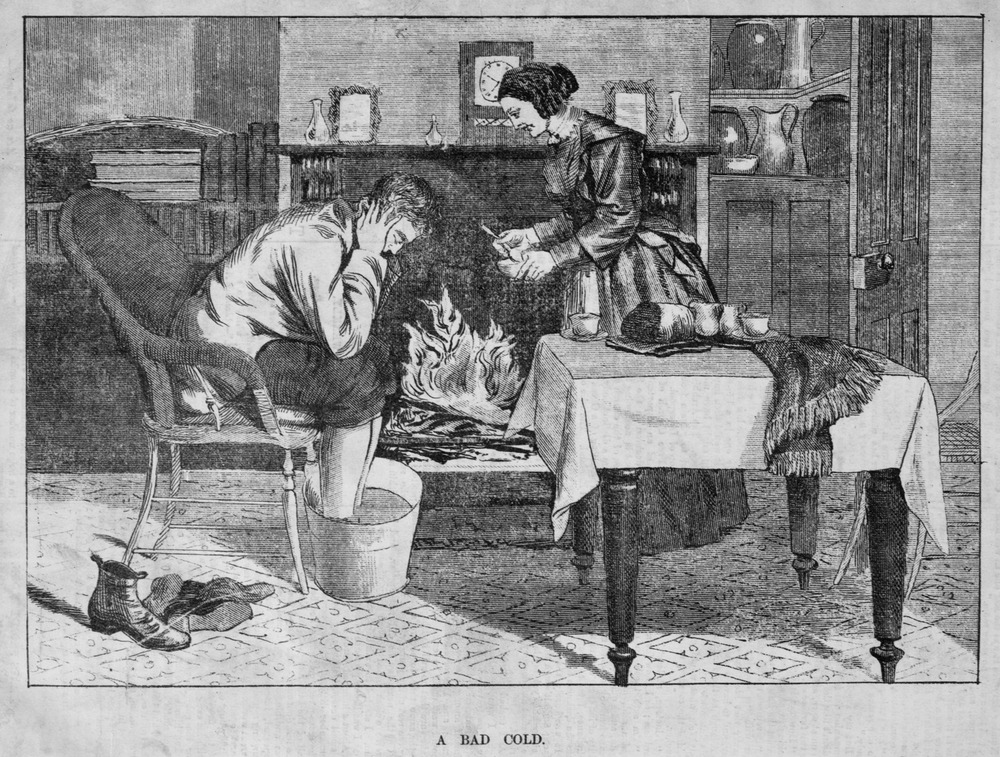Women and unpaid care
Women provide the lion’s share of unpaid work. In Australia, it is estimated that women spend an average of 64% of their ‘work’ time in an unpaid capacity, while for men the average is much lower, at 36%. In today’s analysis, Amy Webster of Women’s Health Victoria (@WHVictoria) provides a summary of how unpaid care negatively impacts on women, and how multiple identities, including single parent status, having a disability, and women from CALD backgrounds, add complexity to care work. This analysis is a summary of the recently-released Spotlight on Women and unpaid care.
Who is providing unpaid care?
Women’s unpaid care work makes a huge contribution to the economy[SM1] as well as the wellbeing of families and communities. Despite our society’s reliance on it, women’s unpaid care work is often taken for granted because of the expectation that unpaid care is naturally or traditionally women’s responsibility, and not really ‘work’.
‘Unpaid carer’ is a legislated term under State and Commonwealth law that is applied to a person who is in a care relationship with another person who has a disability, care needs from advanced aged, a mental illness, or an ongoing medical condition (see the Victorian Carers Recognition Act 2012 and the federal Carer Recognition Act 2010). The exclusion of unpaid child care and other domestic care work from this definition (both of which women spend considerably more time on than men) can obscure the gendered nature of unpaid care as a whole. The Australian Human Rights Commission includes child care, but not domestic care work, in its definition of unpaid care, whereas the Workplace Gender Equality Agency’s definition includes both child care and domestic care work (such as cooking, cleaning and washing).
In Australia, it is more common for women to provide care in all age groups between the ages of 18 - 74. Women are also more likely than men to have care responsibilities involving greater time and intensity (Ibid.). In Victoria, 71% of all primary carers (defined as carers who provide the majority of the ongoing informal assistance to a person with a disability) are women. Half of all Victorian carers take on a caring role because they believe they can provide better care than available services, and 35% of primary carers spend on average 40 hours or more per week providing care (see here).
While many things have changed in the last 150 years, the expectation that women will provide unpaid care has been markedly resilient to changing social norms. Illustration courtesy of the State Library of Victoria (1880 wood print).
What are the consequences of unpaid care work for women?
The undervaluing of women’s unpaid care work is linked to poorer health and wellbeing outcomes for carers (see, for example, here[SM2] and here) and [SM3] limits women’s participation in the paid workforce[SM4] . It is also related to the undervaluing of paid work in care-related or ‘feminised’ industries, such as child care and community services (see the WGEA data explorer by industry[SM5] ). Carers are likely to accrue little or no superannuation[SM6] because of lowered participation in paid work and reliance on income support. This impacts the ability of carers to fund their own retirement or future care needs.
The dynamics of unpaid care vary widely depending on cultural expectations, family resources, whether the carer and care recipient live in the same place, whether or not the carer is also in paid employment, whether the carer is able to access income support or other financial assistance for their care work, and the types of care provided. Single mothers are [SM7] impacted by child support arrangements and pressure to return to the workforce. People with disabilities [SM8] who are themselves carers require services which understand and enable their responsibilities as carers and parents. Carer support payments are often dependent on citizenship and visa status, further disadvantaging carers from migrant and refugee backgrounds[SM9] . Kinship carers are most often grandmothers who take on the care of a vulnerable child, often with limited support for the complex challenges that lie ahead of them. For these reasons, supports and services must be responsive to the different needs and priorities of carers.
An effective response must be holistic in scope
Improving the suitability of, and confidence in, social supports and services for people who require care would improve the circumstances, health and wellbeing of women in unpaid care roles. For example, creating more suitable transport, employment and residential accommodation options for people with disabilities would increase their economic security, social connections and safety and in turn reduce the need for women to provide unpaid support (see here and here). Also important is the need to transform gendered norms so that unpaid care work is shared more equitably between women and men.
For further information, research and resource relating to women and unpaid care see Women’s Health Victoria’s Spotlight on Women and Unpaid Care.
This post is part of the Women's Policy Action Tank initiative to analyse government policy using a gendered lens. View our other policy analysis pieces here.


